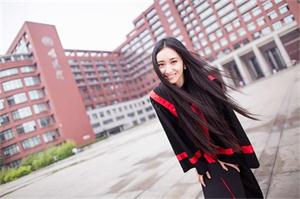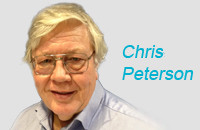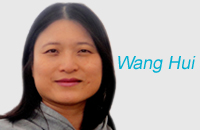China's ruling party's 'longer march'
By Ikenna Emewu (China Daily) Updated: 2016-06-25 11:34Being in China now when the CCP celebrates its 95 years, I owe the party some words. I am just a journalist, not Chinese, but Nigerian. I am not a politician, I am not given to so much ideology gimmicks because they are the platitude with which the political elite confuse and convoluted the system to get what it wants from the masses. I am just an observer from my profession that gives me the latitude to take on any issue. With the entire world as jurisdiction, I am an interested party in the business of the CCP for a better China and better world. I congratulate the CCP for these long years of struggle and tenacity.
In China, the political system is complex and unique. It is like something not known elsewhere. But most of all, it is workable. Many countries that operate multi-party democracy have an opposition that is never part of the government. In China, there are eight political parties that seem to operate under the same platform.
At the National Peoples Congress (NPC) and the China Peoples Political Consultative Congress (CPPCC) at the Two Sessions, all of them gather in the same auditorium and decide on what the country’s leadership and its policies should be. This also includes the parties that rule in Hong Kong and Taiwan. China prides herself with another complexity known as One Country, Two Systems.
A proof that China operates democracy by its own model and not ruled by the arbitrariness of one man is because the NPC elects the president who operates under the supervision of the electing body. In Britain, the masses don't elect the Prime Minister. It's the party that has majority membership in the parliament that forms the government and appoints the PM. In China, the NPC, a representative body of the leaders of the parties plays the role.
That implies that China's CCP operates a constitutional government with checks and balances.
By CCP system which I call creative, the NPC that elects the president is made of members of the opposition parties and some other interests and certainly with the CCP members in the majority. Even the CPPCC has these other members.
In a lecture by Prof. Lu Keli on the History of the Chinese Communist Party (CCP) to my class at the Renmin University of China, Beijing, three months ago, he noted that many observers all over the world have started doubting the socialist credentials of the current CCP and dubbing it a capitalist institution already.
Their reason for the conclusion is the constant shift in principle and paradigm of the party as against the rigid socialist, Marxist/Leninist ideology.
The excessive fantasy of a socialist world failed USSR and others. But the CCP found a way out of extinction through creativity of change.
That shift, blend and tilt has created an amalgam that stands midway between capitalism and its extremes in the West and the other extreme of the prism - socialism as practiced by USSR and East Europe countries then.
In China today, all successful citizens in every field are never outcasts in the CCP because they made it big. Instead, those that hit the limelight and highways outside the party or as non-CCP members are adopted and given high ranking places as role models.
From Jack Ma of Alibaba fame to Yao Ming, from Li Na to the richest business moguls of China, all are CCP policymaking team members. At the 2016 Two Sessions I reported, they were all present.
Prof. Lu admitted that the resilience of the CCP ideology of constant change has been its staying power as that keeps it steadily on self-diagnosis and change with the trend of the times. CCP over the years has avoided rigidity of ideas, a smart and creative way of sustaining what USSR that sold the idea to it could not.












